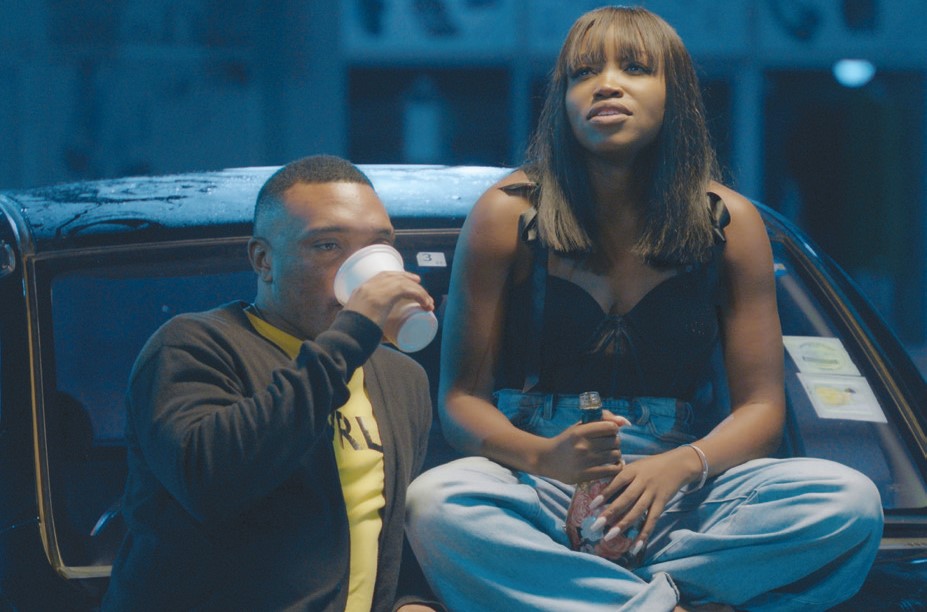Struggles of female voices
Malawi is blessed with artists, both male and female. But despite having the talent, it has not been easy for the female artists, especially the secular female artist.
When one looks at the list of top 10 artists to receive high amounts of money from Copyright Society of Malawi (Cosoma), there is hardly a woman.
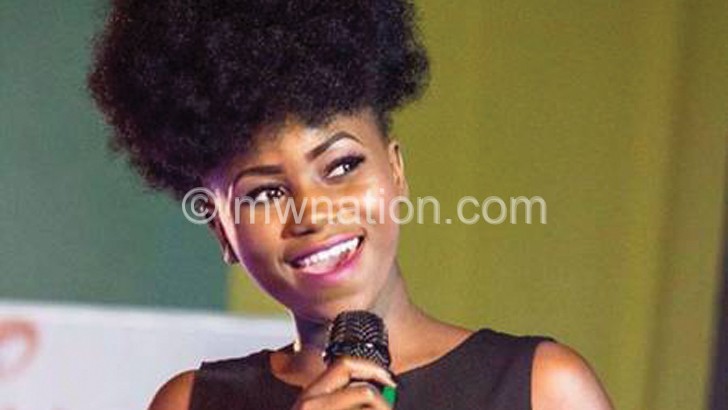
Whenever there is a show, the female musician is usually a support act or will only be as a curtain-raiser. Besides, not many of them can hold their own show or launch an album that attracts impressive patronage. Despite all these challenges, one thing that is clear is that they have the talent.
So, what really is the problem?
Hazel Mak feels more opportunities in the industry are automatically handed over to men.
“I have seen projects that should be led by women, such as projects to encourage the girl child to stay in school, discouraging girls from early marriages, but these opportunities are given to male artists. I feel as women we also sustain these stereotypes that do not allow women to shine,” she said.
Another female artist, Sangie concurs with Hazel Mak, saying:.
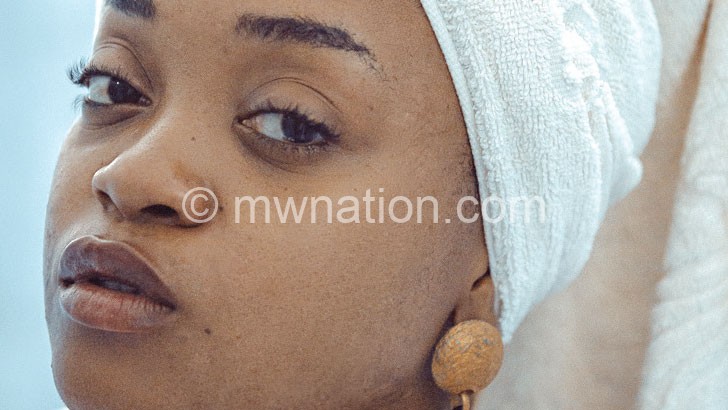
“As you already know, the industry is male-dominated. So, naturally male artists are considered first in a lot of opportunities be it shows, festivals, airplay and pay.”
Rhoda J, a new face on the music scene, said there is a big gap in the local music industry between male and female artists.
“Most of the female artists sing so beautifully, but they do not get enough opportunities. If you go around and check out posters, you will see one or two female artists and the rest are men,” she said.
Leslie also feels female musicians do not get many opportunities unlike their male counterparts.
“In the few years that I have been in the industry, I would say female musicians are still behind in terms of opportunities as compared to men,” she said.
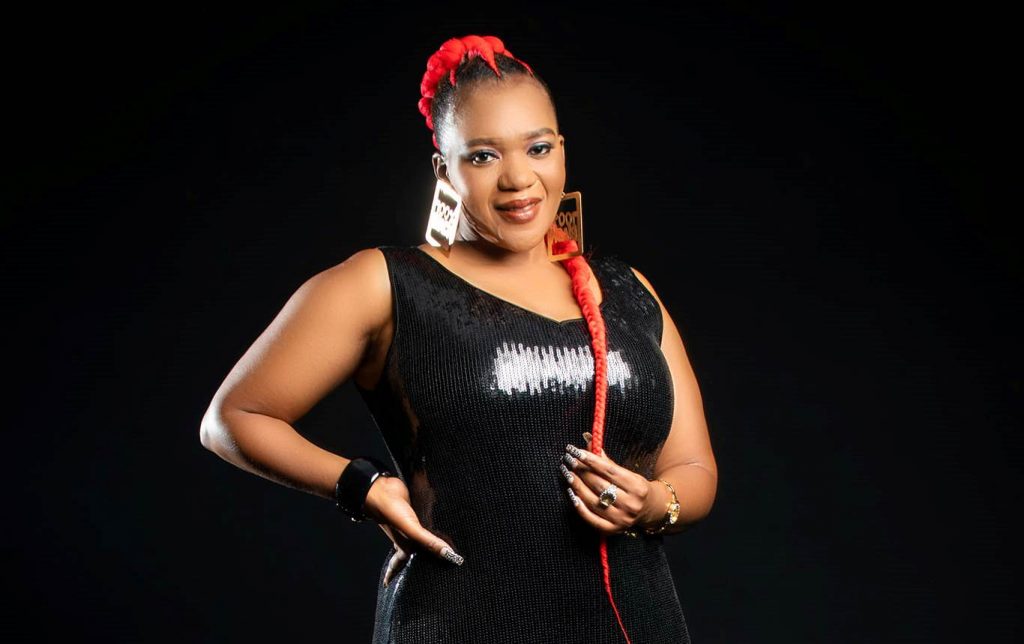
How can the situation being changed?
Sam Chiwaka, a music industry player who has managed artists such as Faith Mussa, says if female artists want to level the playing field, they should be prepared to be strategic and do some ground work because things are not working in their favour currently.
He said: “Female artists should be confident in their craft, have a variety of mentors, including reputable men who will not exploit them sexually or otherwise, create a network of female artists and step out of their comfort zone and promote themselves more.”
Chiwaka said what most female artists are facing is a society that has not yet fully accepted female acts.
“Some female artists are exploited or looked at as sexual objects,” he said.
On the same, Hazel Mak says female artists should broaden their career path and engage with potential buyers of their music.
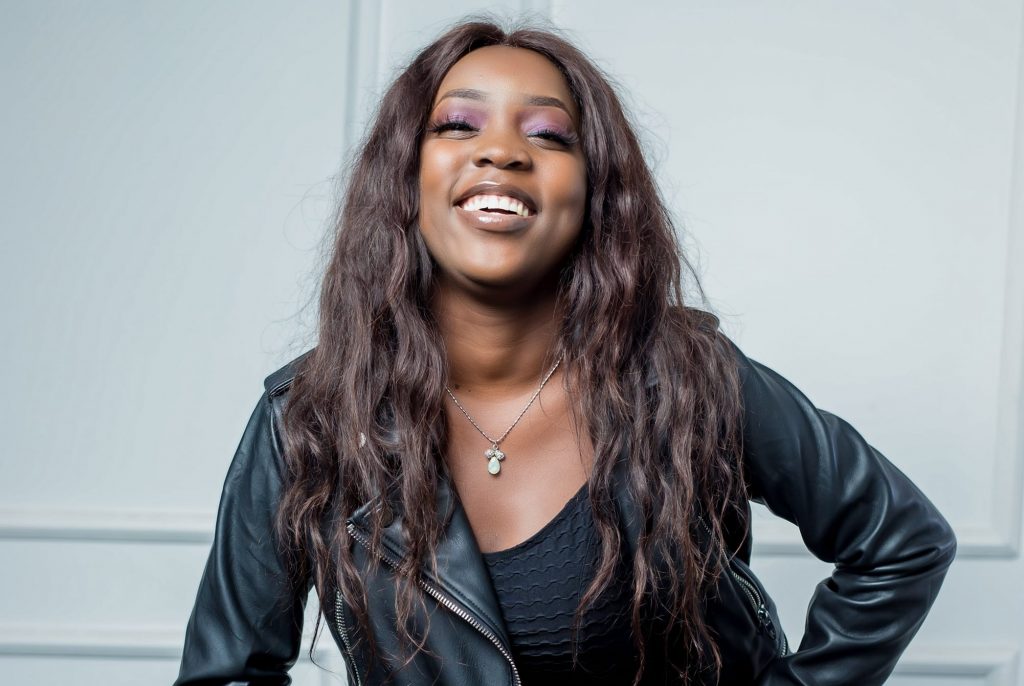
“We should also not put all eggs in one basket. Look at Sangie who is not just a musician, but she is now an actress. I also paint and have a job apart from the music that I do,” she said.
Hazel Mak said it is important for female artists to research on digital media music industry trends worldwide and be knowledgeable to minimise abuse and exploitation.
On his part, Chiwaka said female artists should also be careful when getting managers.
“Female musicians should engage managers who have their interest at heart and not those who are thinking of getting into their pants,” he said.
Leslie thinks female musicians should cooperate more as the male musicians do.
“This will help us share ideas and be able to work and promote each other’s work,” she said.
Sangie, who shared how she was once badly treated by festival organisers, said there has been some progress, but more needs to be done.
“It is not a one day journey, but we are making progress. We are expressing ourselves more than ever before, even in our writing skills,” she said.
Tuno, who has been in the industry for six years, said female artists lack support.
She said: “Male artists, fans and even government do not take us seriously. When we ask for male artists’ help, some do not even have the courtesy to respond.”
Rhoda J also felt as female artists, there is more they can do.
“We have seen the rise of Wendy Harawa in the industry not only as a musician, but as an event organiser and promoter. That is what we need more. Otherwise, I feel female artists are not being managed well and given enough room to flourish,” she said.
For the time being, female artists continue to navigate in the music industry and see how best they can promote their art in the male-dominated industry.




